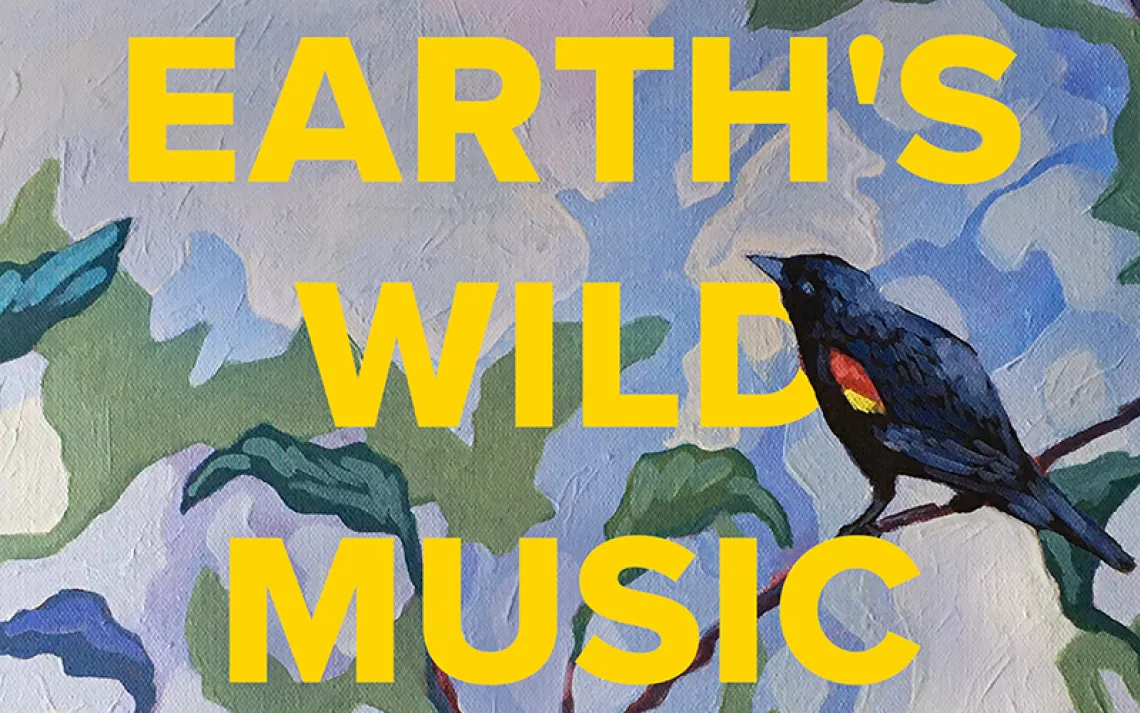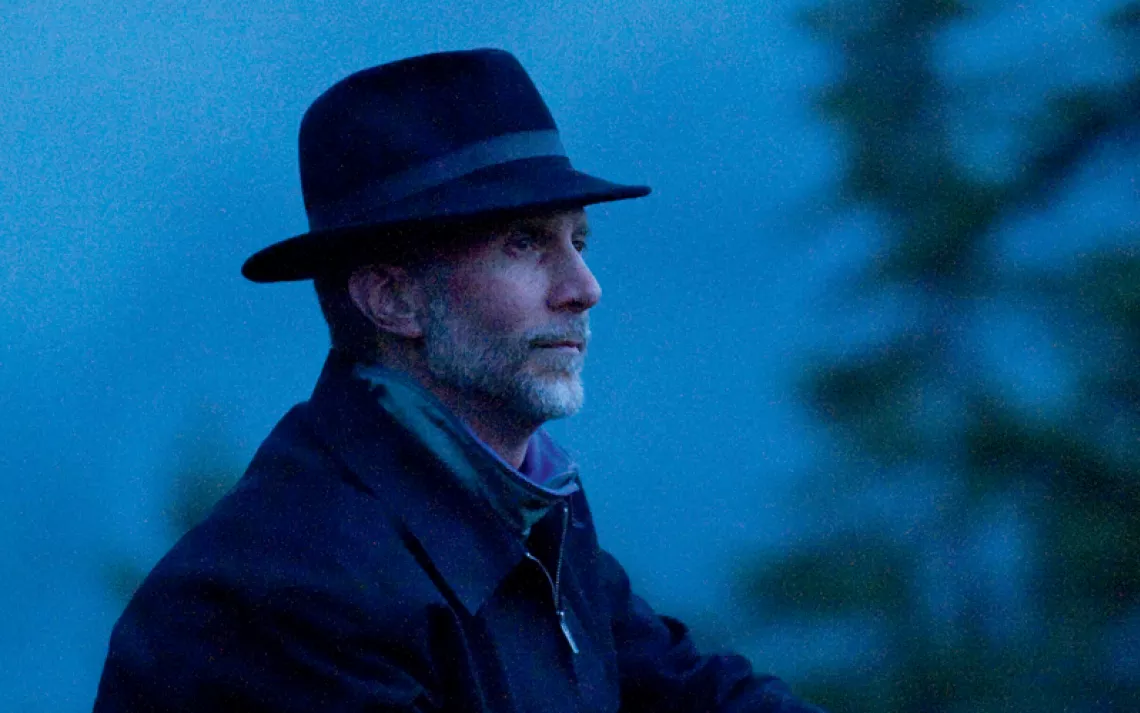Celebrate Black History Month With This Timeless Environmental Playlist
Check out these 17 songs by Black artists who center relationships with the environment

Photo by iStock/steved_np3
It’s a universal truth that as we impact the environment, the environment also impacts us and our lives. In honor of Black History Month, check out these 17 songs from Black artists who were inspired by this omnipresent exchange.
This playlist features songs that ruminate on the downsides of extractive effects on the environment and climate along with the ecological price we all pay in the process. Marvin Gaye’s “Mercy Mercy Me” is a song of environmental mourning heavy with nostalgia for seemingly simpler times; its contemporary partner, Childish Gambino’s “Feels Like Summer,” shares similar sentiments while struggling to maintain hope for change nearly 50 years after Gaye’s release. Both songs call for environmental protection and also tap into ways our well-being is intimately tied to the natural world.
Personal connections with the environment and its elements are further explored in songs such as “Date With the Rain,” in which Eddie Kendricks seeks solace from a broken heart through rainfall. Water not only provides comfort; it can also fuel a movement. This sentiment is asserted in Fela Kuti’s “Water No Get Enemy,” an anthem on the centrality of water for all life that also likens it to Black empowerment and strength through moments of strife.
Connections with nature can also serve as a conduit for realization and acceptance of self, a dynamic captured beautifully in songs such as Moses Sumney’s “Virile” and Tank and the Bangas’s “Stolen Fruit.” With “Virile,” time spent in the Blue Ridge Mountains illuminates the futility of performative masculinity and social constructs that aren’t aligned with self. Tank and the Bangas explore African diasporic identities through the experience of stolen fruit capable of rooting and growing in foreign lands—a spiritual process similar to the one described in Ari Lennox’s “Grounded.”
Themes of healing through our environment continue in Louis Armstrong’s performance of “What a Wonderful World,” a timeless record with aims of inspiring hope in times of war and social unrest by highlighting the ordinary moments of beauty one finds sprinkled throughout the day. In “I Think I’ll Call It Morning,” godfather of rap Gil Scott-Heron builds on this exercise, finding gratitude during difficult times through the mental conjuring of sunnier days filled with birdsong, much like those enjoyed in Roy Ayers Ubiquity’s “Everybody Loves the Sunshine.” Or found in one’s very own evergreen backyard as sung by songbird Billie Holiday.
If that doesn’t do the trick, there’s always the promise of space travel to the intergalactic unknown, as Thundercat sings in “Satellite Space Age Edition.”
All in all, this genre-blending and time-hopping playlist captures some of the endless ways that the environment shapes our lived experiences in addition to our knowledge of self.
 The Magazine of The Sierra Club
The Magazine of The Sierra Club



